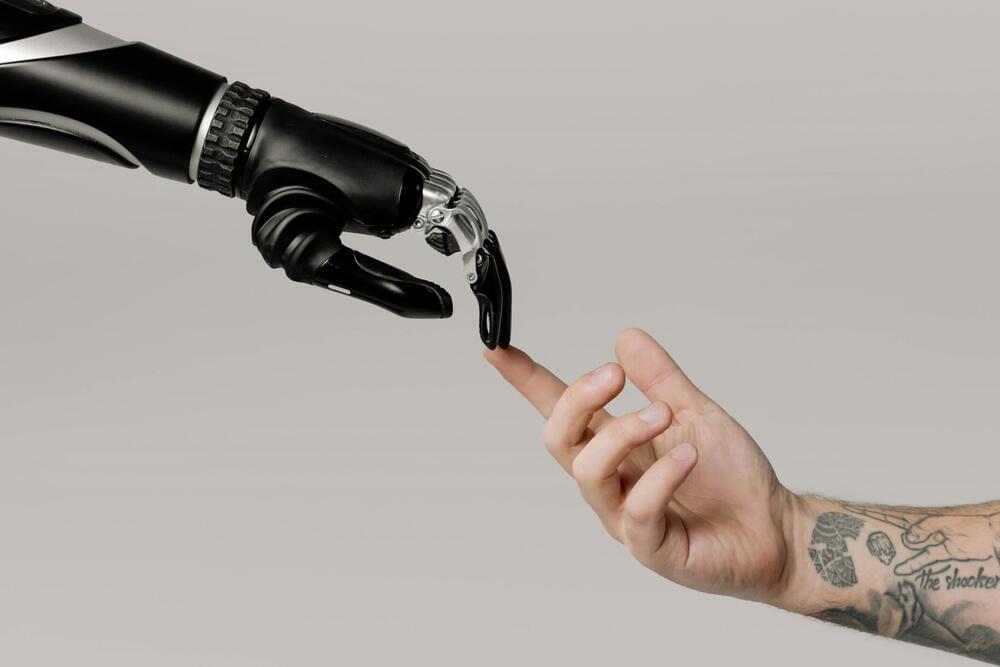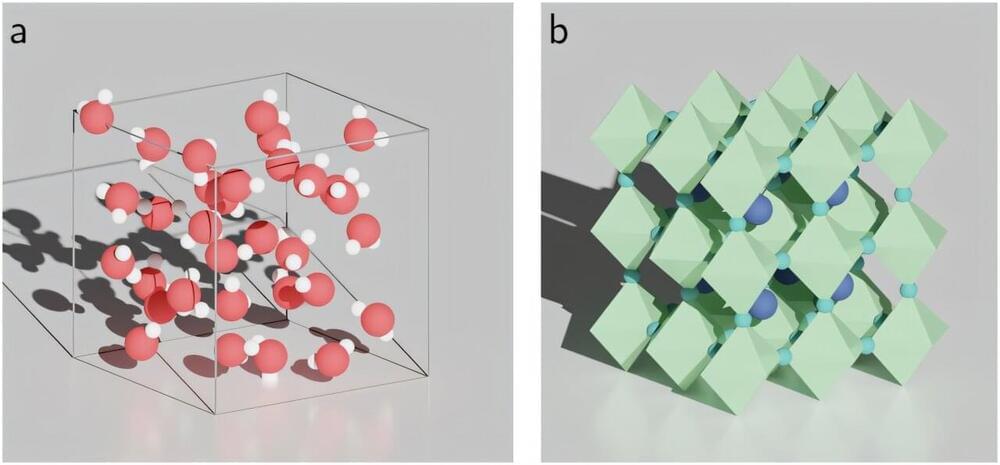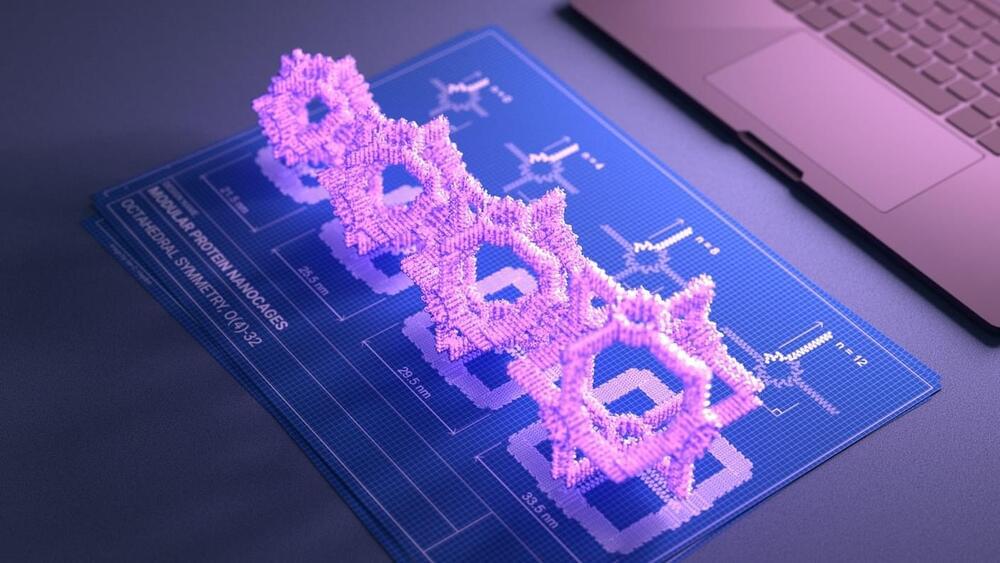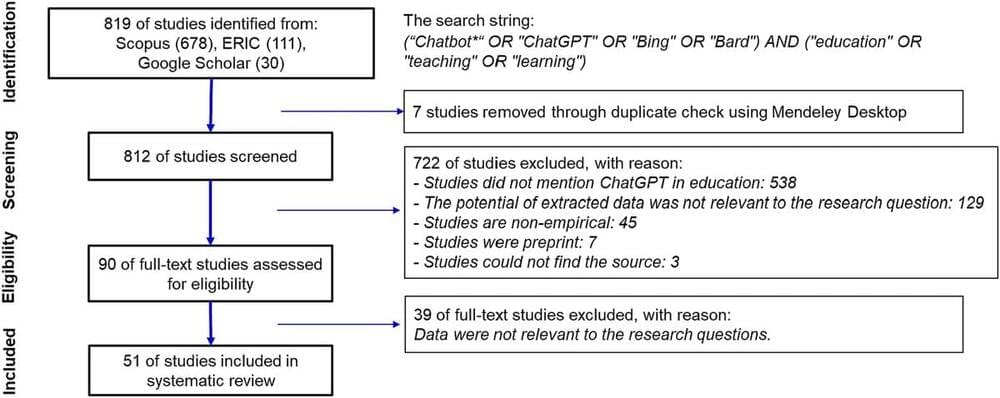Here’s one definition of science: it’s essentially an iterative process of building models with ever-greater explanatory power.
A model is just an approximation or simplification of how we think the world works. In the past, these models could be very simple, as simple in fact as a mathematical formula. But over time, they have evolved and scientists have built increasingly sophisticated simulations of the world as new data has become available.
A computer model of the Earth’s climate can show us temperatures will rise as we continue to release greenhouse gases into the atmosphere. Models can also predict how infectious disease will spread in a population, for example.






